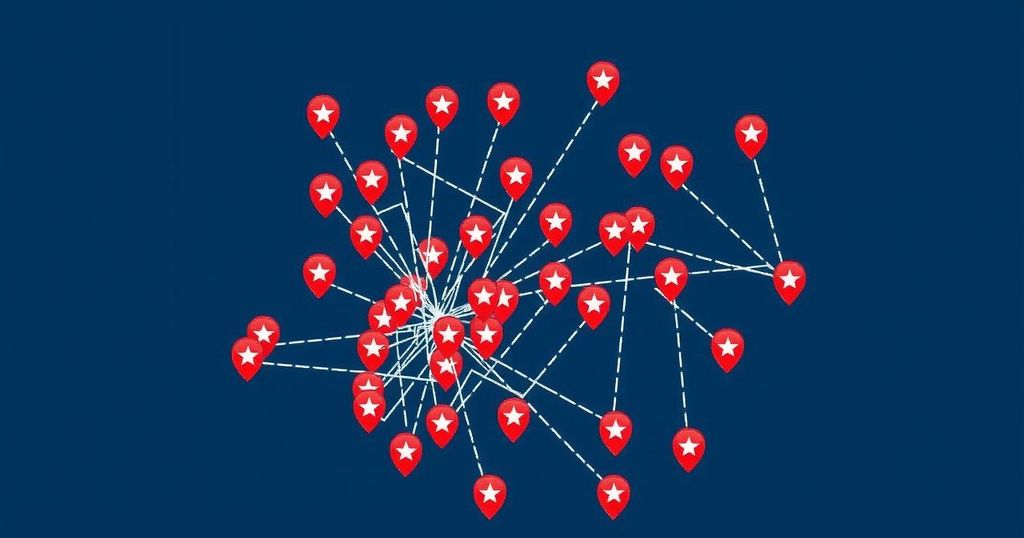Georgian voters will participate in a critical parliamentary election that may redefine the country’s alignment between the West and Russia. The ruling Georgian Dream party vows to preserve the status quo, while the opposition warns of increasing Russian influence. The results could have major implications for Georgia’s future international relations and political landscape.
Georgian voters are poised to cast their ballots on Saturday in a parliamentary election that has been characterized as the most significant since the nation achieved independence from the Soviet Union in 1991. This election will ultimately determine whether Georgia will continue its established Western alignment or forge stronger economic and political connections with Russia. The ruling party, Georgian Dream, asserts its commitment to keeping the nation out of armed conflict, while the opposition liberals contend that current policies are leading the country toward the influence of the Kremlin. The outcome of this election carries substantial implications not only for Georgia itself but also for the broader geopolitical dynamics within the region. Should Georgian Dream maintain power, it may align further with Russia’s interests, altering the course of Georgia’s aspirations for integration with Western institutions. Conversely, a victory for the opposition could signal a decisive return to Western policies and greater resistance against Russian encroachment.
Georgia, geographically positioned between Europe and Asia, has been navigating the complexities of its post-Soviet identity since gaining independence. The country has traditionally aimed for closer ties with Western nations and organizations, such as the European Union and NATO, as a means to bolster its sovereignty and democratic values. However, Russian influence in the region remains a significant concern, following events such as the 2008 war over South Ossetia and Abkhazia, where Russia recognized these regions as independent states. The upcoming parliamentary elections represent a critical juncture for Georgia, as voters must choose between the ruling party’s Russian-friendly stance and the opposition’s pro-Western rhetoric, which could reshape Georgia’s future trajectory.
In conclusion, the forthcoming parliamentary elections in Georgia serve as a pivotal moment in the country’s political landscape. With voters faced with the choice between maintaining longstanding ties with the West or shifting towards Russia, the implications of this election are profound and far-reaching. The ruling Georgian Dream party advocates for stability and a non-confrontational approach, while the opposition pushes for a reorientation towards European integration. The result of this election may significantly influence Georgia’s path forward amid growing tensions in the region.
Original Source: www.washingtonpost.com






